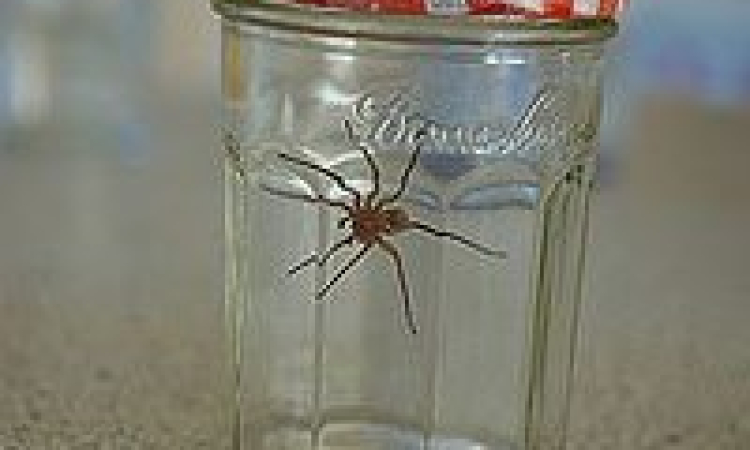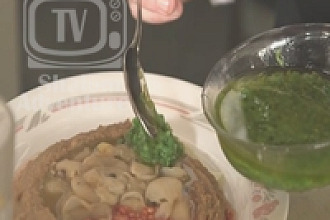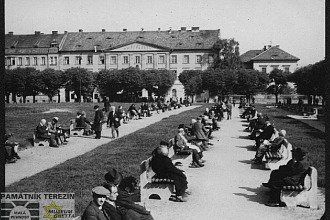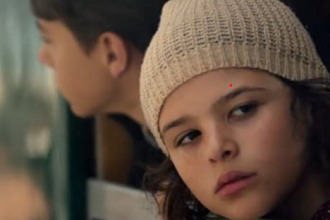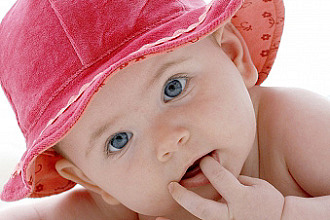Mrs. Bleach actually could have been a male, I don’t really know, but I loved “her.” As a child one of my chores was washing the dishes, which often ended up being done at the end of the day or at night. In the dusty window directly in front of the sink lived a bunch of spiders and the light from inside the house I used to wash the dishes attracted bugs, making for a great personal nature show consisting of spiders eating and moth sightseeing.
I came to love these critters (but then again pretty much anything that moved) and besides the flies, caterpillars, snakes, and other things I caught I started to collect spiders. I used the empty glass mason jars my mother had around the house for canning as a home for my spiders. One of which came to be known as Mrs. Bleach, maybe because it is a cleaning product that was commonly found in the kitchen which is the same room as the old window where a lot of spiders lived, but whatever the case that was “her” (or his) name.
I loved to feed “her” with the bugs I caught but after some time, I found myself questioning my assumptions. I had assumed that spiders saved some of the guts from the bugs they caught in their webs for later and only drank a bit of their bug juice at a time. Even if some did, Mrs. Bleach didn’t seem to be saving anything for later but instead relished each day by drinking bug juice to the fullest. Soon “she” got to be quite pleasingly plump and subsequently not so pleasingly when “she” became so large “she” fell out of “her” web and more or less rolled around the bottom of the jar like a marble. Yeah…that was not good.
So what can we learn from Mrs. Bleach? Right off I could say good things are not always good in large amounts. Another thing would be that sometimes what we think is helpful is actually harmful. If poor Mrs. Bleach was left to fend for “herself”, although life may have been less secure, “she” probably could have lived longer if everything wasn’t being handed to “her.” As secure as the mason jar life may have been, instead of improving “her” life with consistent meals “she” became worse off from eating too much. Of course, “she” most certainly could’ve lived a better healthier life as a pet if I actually knew what I was doing and fed “her” meals in moderation instead of assuming “she” would only take what “she” needed, but you get the point.
But more importantly I think we should learn to avoid making the same mistakes with humans. I’ve seen the poor results of enabling others to keep on doing whatever is harmful to themselves by doing things they should be doing for themselves. Instead of helping with our actions we can end up enabling and supporting others in their bad habits because we don’t allow them to learn to bear their own responsibilities. For example, continuing to “help” an irresponsible child or adult by cleaning up after the person, continuing to support someone that is financial irresponsible, maintaining or hiding abusive relationships, covering up problems for addicts, and so on. We may think we are being nice, but instead of improving lives by one’s misguided notion of kindness, like the results of feeding Mrs. Bleach, things get worse. That sort of “help” only helps people stay irresponsible.
Of course this doesn’t mean we don’t help people when they could use an extra hand but we need to have wisdom to know when to say no. “Let grace be shown to the wicked, yet he will not learn righteousness; in the land of uprightness he will deal unjustly, and will not behold the majesty of the Lord.” Isaiah 26:10 Love doesn’t continue supporting people in bad habits. Sometimes the most loving thing to do is to say no so they can learn to do better.
Picture originally found here

